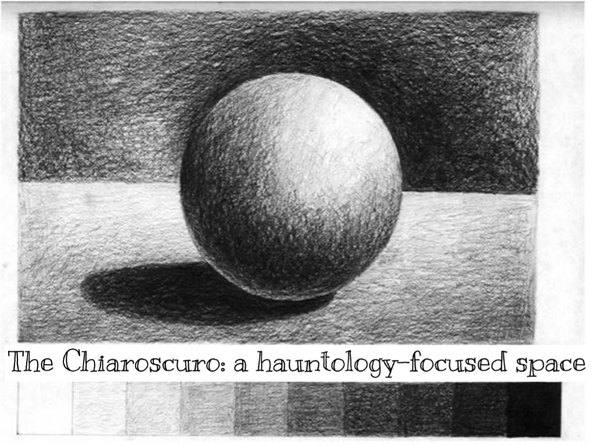INTRODUCTION
What does it mean to do justice to a text, be it philosophical, literary, or poetic? In this regard,
what is the task of philosophical hermeneutics, the discipline traditionally concerned with
explanation and interpretation? This is the question at stake in the ‘Gadamer-Derrida encounter’,
an intellectual debate that retains its relevance, not only because it has ‘animated contemporary
philosophy’ (Di Cesare 2004, 74), but also because the practice of reading and interpreting texts
makes up a large part of research and education in the humanities as such. By revisiting the
diverging hermeneutical strategies of Hans-Georg Gadamer and Jacques Derrida, this paper seeks
to determine how we can engage in the practice of reading and interpreting in a righteous and just
manner.

